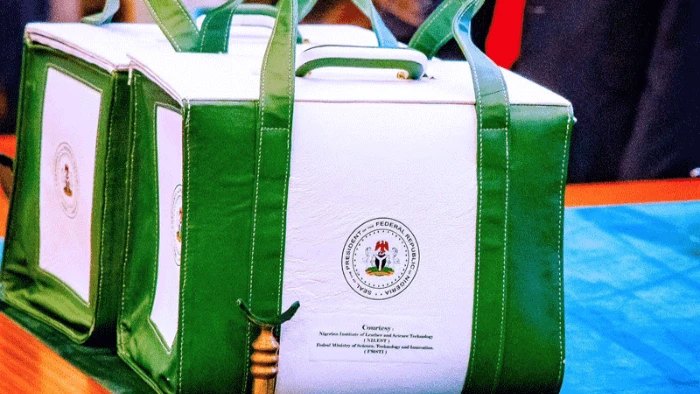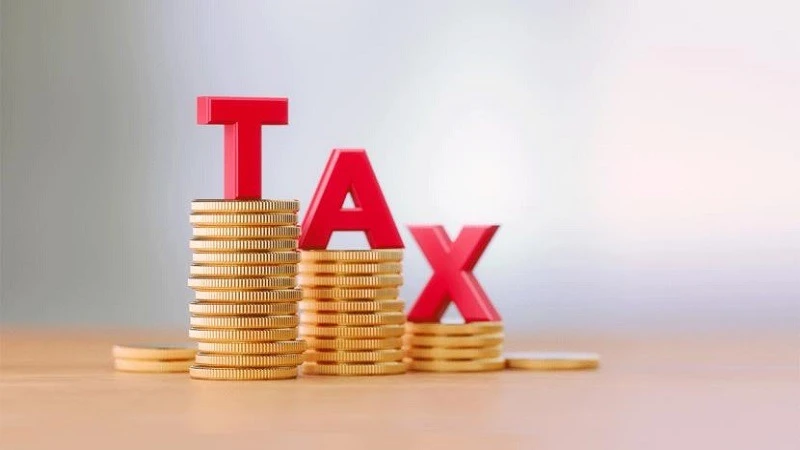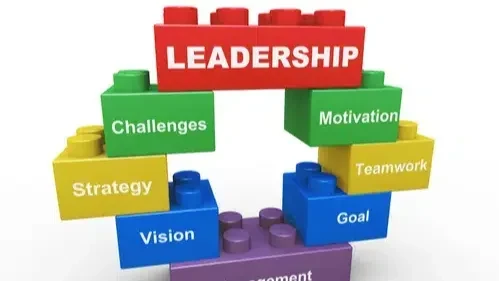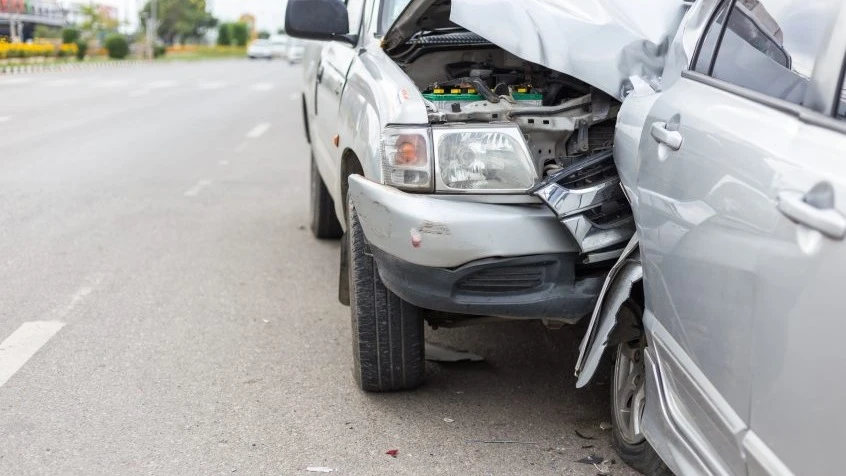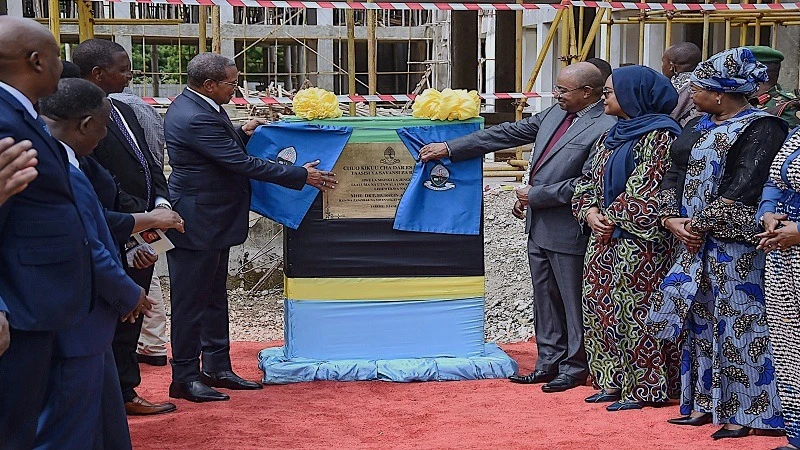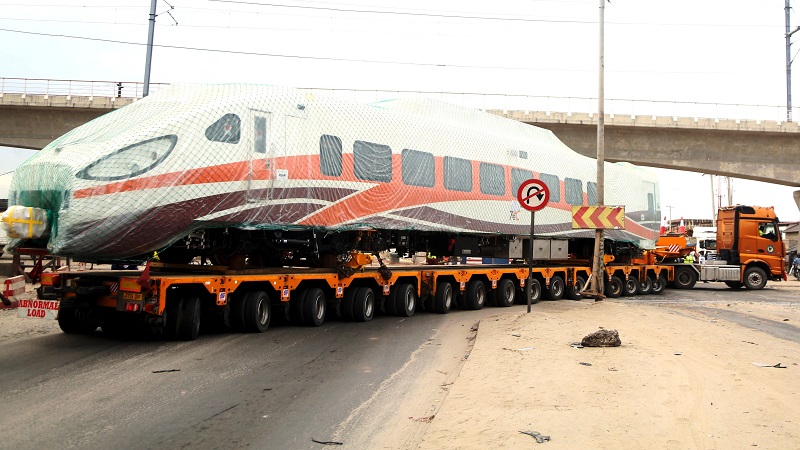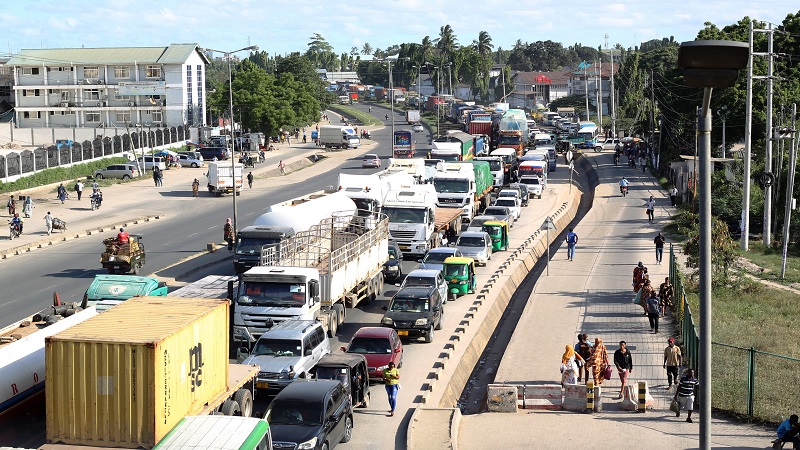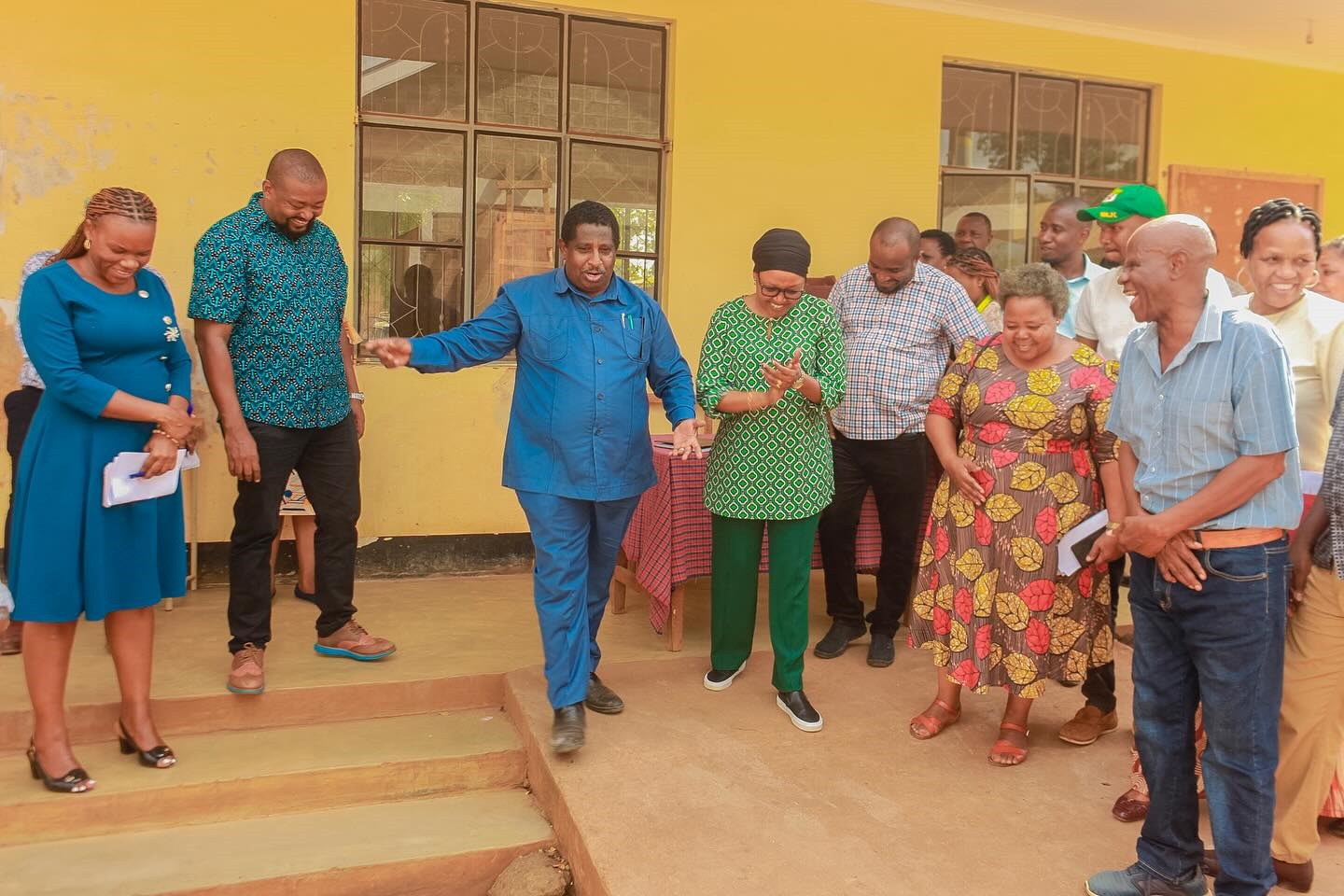Taking underperformance in 2024 as an opportunity for improvement

ON December 31 we briefly looked at Tanzania’s achievements in 2024, especially in light of global reports that elevated the country to new heights. We said we should maintain these achievements so that we might achieve more in various sectors of the economy.
Today, I invite you to briefly look at Tanzania’s underperformance in 2024 in light of three global reports, so that we may work on the areas Tanzania has underperformed and use them as opportunities to improve more. Let’s look briefly at three global reports: the rule of law, civic space, and the state of democracy.
In relation to the rule of law, World Justice Project (WJP) Rule of Law Index 2024 ranked Tanzania 96th out of 142 surveyed countries and jurisdictions worldwide with an overall score of 0.47. The scores range from 0-1, where 1 signifies the highest possible score and 0 signifies the lowest possible score.
However, in sub-Saharan Africa Tanzania was ranked 11th out of 34 surveyed countries and in lower-middle income economies Tanzania was ranked 15th out of 58 surveyed economies worldwide.
In the WJP Rule of Law Index 2024, Tanzania was evaluated in eight factors, disaggregated into 44 sub-factors. In this column only eight factors (with the ranking position in brackets) are mentioned, namely constraints on government powers (81/142), absence of corruption (94/142), open government (111/142), fundamental rights (112/142), order and security (80/142), regulatory enforcement (95/142), civil justice (88/142) and criminal justice (96/142). According to this report, Tanzania underperformed (performed below average).
The WJP Rule of Law Index 2024 defines the rule of law as a durable system of laws, institutions, norms, and community commitment that delivers four universal principles, namely accountability, just law, open government, and accessible and impartial justice. Accountability means the government and private actors are accountable under the law. Just law means the law is clear, publicised, and stable and is applied evenly, and ensures human rights, property, contract, and procedural rights are guaranteed.
Open government means the processes by which the law is adopted, administered, adjudicated, and enforced are accessible, fair, and efficient, and accessible and impartial justice means justice is delivered timely by competent, ethical, and independent representatives who are accessible, have adequate resources, and reflect the makeup of the communities they serve.
WJP Chief Research Officer, Dr Alejandro Ponce, in the Forward of the report says the rule of law is internationally recognised as a foundational element in guaranteeing peace, justice, human rights, effective democracy, and sustainable development.
“WJP Rule of Law Index reveals that a majority of countries are experiencing backsliding, marked by executive overreach, diminished human rights, and justice systems that are failing to meet people’s needs. There is still much work to be done to advance the rule of law worldwide and to prevent the arbitrary exercise of power,” he says.
The report stresses that effective rule of law reduces corruption, combats poverty and disease, and protects people from injustices large and small. “It is the foundation for communities of justice, opportunity, and peace—underpinning development, accountable government, and respect for fundamental rights.”
In relation to civic space, People Power Under Attack 2024, a report based on data from CIVICUS Monitor rated each surveyed country in one of the five categories, namely open, narrowed, obstructed, repressed and closed “based on a methodology that combines several data sources on freedoms of association, expression and peaceful assembly and the state’s duty to protect these fundamental freedoms.”
This report rated Tanzania in the repressed category. The report surveyed 198 countries and territories worldwide. At least 81 countries and territories are rated in the worst two categories of repressed and closed civic space, indicating widespread and routine repression of fundamental freedoms.
The report highlights top 10 global violations, namely detention of peaceful demonstrators, attacks on journalists, detention of human rights defenders, detention of journalists, disruption of peaceful demonstrations, excessive use of force, censorship, prosecution of human rights defenders, killing of human rights defenders and criminal defamation.
Top 5 violations in sub-Saharan include the detention of journalists, which remained the most common civic space violation in 2023, as in previous years, followed by attacks on journalists, the detention of human rights defenders, the detention of peaceful demonstrators and censorship. “The detention of journalists was documented in at least 21 countries in the region and attacks on journalists in at least 16 countries,” the report says.
In relation to the state of democracy, ‘the Global State of Democracy 2024: Strengthening the Legitimacy of Elections in a Time of Radical Uncertainty’ Tanzania performed below average in one of the four categories of democracy performance, namely representation. However, in three other categories - rights, rule of law, and participation – Tanzania performed above average.
The report surveyed 173 countries worldwide. In democratic representation Tanzania was ranked 107th out of the 173 surveyed countries, but was ranked above average in rights (80/173), rule of law (52/173), and participation (84/173). Giving a general overview, the report says, the credibility of elections was worse in more than one fifth of the countries covered (39 of 173) in 2023 than it had been five years before, in 2018.
“The way that people engage with electoral processes has also been changing over the past several decades: turnout has been going down while the incidence of protests and riots has been going up.” It says amidst this pervasive uncertainty, elections are now regularly disputed due to vote rigging which is a common feature in many African elections. The report says, assessing each country’s various areas of improvement and deterioration, four in nine countries were worse off in 2023 than they had been in 2018, while only one in four had improved, continuing a negative trend that developed roughly a decade ago.
It suffices to say that Tanzania can do better in global reports if it maintains and builds on positive points and works on negative points by using them as opportunities for improvement.
Today’s quote: “A good objective of leadership is to help those who are doing poorly to do well, and to help those who are doing well to do even better.” – Jim Rohn.
· The author is a Dar es Salaam-based lawyer. He can be reached at [email protected]
Top Headlines
© 2025 IPPMEDIA.COM. ALL RIGHTS RESERVED













